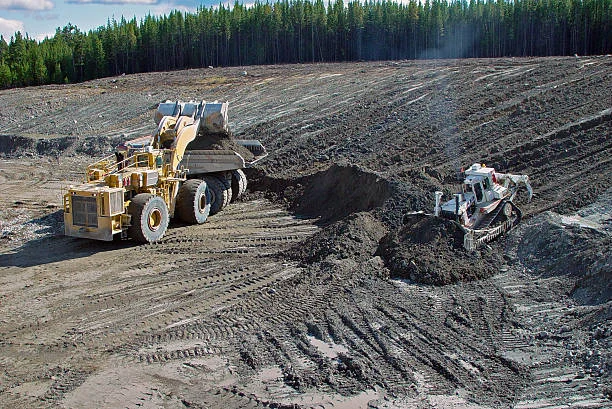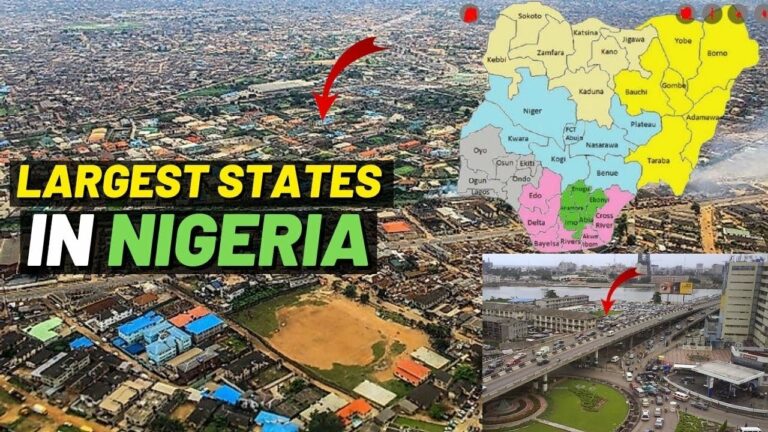Determining The Market Value Of Vacant Land
How do you determine the market value of vacant land? Any property’s market value is the highest price that a buyer will accept for it in comparison to other comparable properties. Without any type of construction or development, a piece of land is considered vacant.
Comparing it to attempting to estimate the worth of a home or commercial property is a little different. Here are ways to determine the market value of vacant land.
How To Determine The Market Value Of Vacant Land
- Comparative analysis is one of the first steps in figuring out how much an empty piece of property is worth. To compare prices, look at homes that are the same size, type, and location as yours but are priced differently. Compare only those that have recently sold to get the best deal. For example, your property is likely to be close to that price if a comparable one is being sold for $100,000.
- The location of your land is another factor to take into account when calculating the price of your land. Setting market value requires careful consideration of location. The locations will determine the valuations of two very similar unoccupied lots that are spread out throughout separate regions. Even with properties that are across the street from one another, prices can vary. The market value of a piece of land in a big city will undoubtedly be higher than in a small town.
- The land’s market value will be high if the region has distinctive traits. The value of the vacant land could increase if it has a commercial use zone rather than a residential use zone. A vacant plot of land will be valued more than one that is bare, especially if it is near water, offers a beautiful view, or has some other commercial feature (like an orchard).
- The market value of undeveloped land may also be impacted by the time or duration. When real estate prices are high or low, for example, several market elements relating to real estate might affect market value.
- Another example of time can be seen in a piece of land with a fruit tree; it will probably sell for more money when the fruit is ready to be sold. Available vacant lands will sell for more money when a region is expanding or developing and there is a shortage of land, but when the rate of decline is modest, the market value will decrease.
Factors That Influence The Market Value Of Vacant Land
People purchase land for a variety of reasons, including to subsequently sell, build their dream homes, start their businesses, or use them as rental properties. Knowing the chances of an increase in market value is crucial for any use you have in mind for your land so you can protect your investment.
Here are a few things to think about since they could have an impact on the market value of vacant land:
Location
When determining the market value of vacant land, location is crucial. A piece of land has a higher value the closer it is to population growth. A place with a higher population density will generally have higher land requirements, though there are few exceptions.
As a result, the price that consumers are ready to pay for it rises due to more competition. Even superior properties may be located in underdeveloped locations, but their market value is typically lower because fewer people want to buy them.
Environment
A piece of land’s borders and surrounding structures may have an impact on its market value. A view, such as one of the ocean or mountains, may raise the price of the land. Contrarily, even if the property itself is excellent, it will cost less to buy it if it is close to a dump, a busy freeway, or an industrial park because these locations are less attractive for residing in.
Condition of the Land
Price will vary depending on the state of the land. An agricultural plot of land that is fertile will be worth more than one that is not. If they are not found in urban regions, industrial wastelands may not have as much market value. Superior or uncommon aesthetic qualities will increase the value of a piece of land relative to standard lots with no distinguishing characteristics.
Land Appraisal
Land Appraisal involves assessing your land and the surrounding areas. Your land and its surroundings will be evaluated as part of the land appraisal process. Size, form, condition, slope, ease of construction, and zoning are all important factors to consider when valuing a piece of land because they all affect the price.
The value of a piece of land is determined by several factors, including the prices of nearby comparable properties, the quality of the view, the property’s zoning (commercial, residential, single-family house, etc.), and more.
See Also: What You Should Know About Land Banking
Final Thoughts
The land’s location or other features that it offers will affect the market value. It is a given that a good piece of land in an underdeveloped area will sell for less money than an average piece of property in a desirable area.
Also, keep in mind that your land will often sell at a greater price at certain times of the year. Knowing when to sell your property is a matter of knowing when the market is changing in price.


